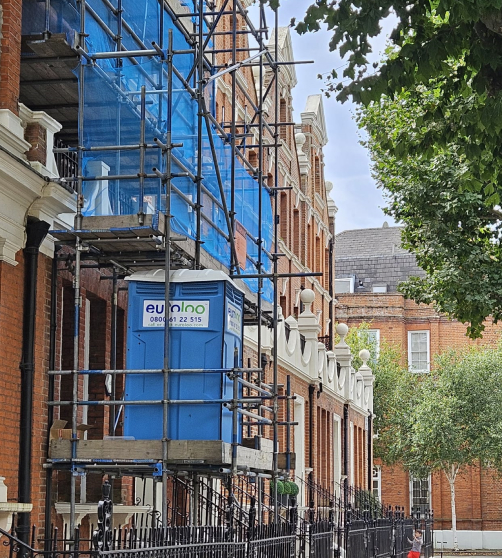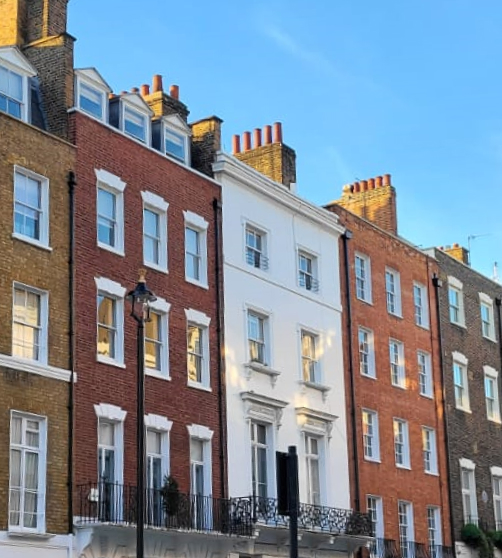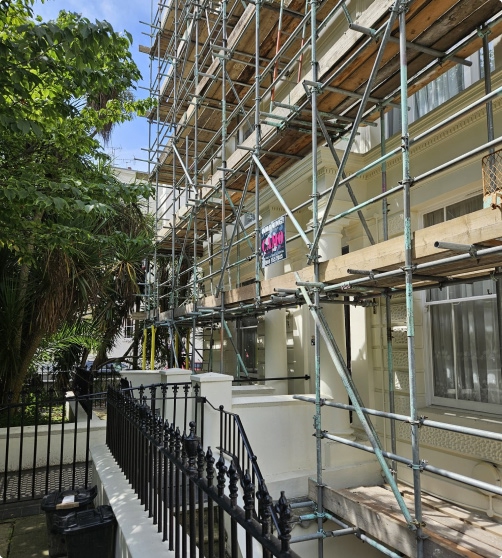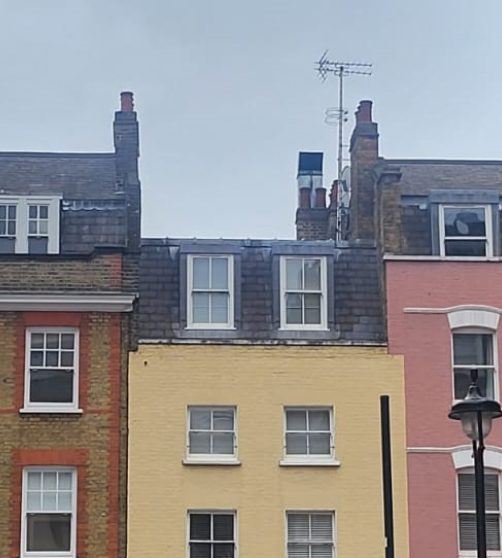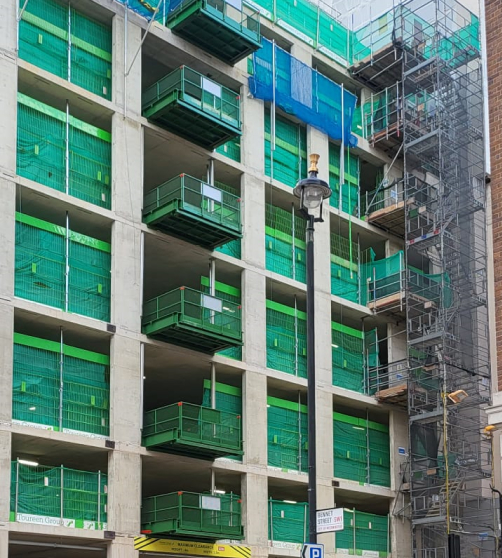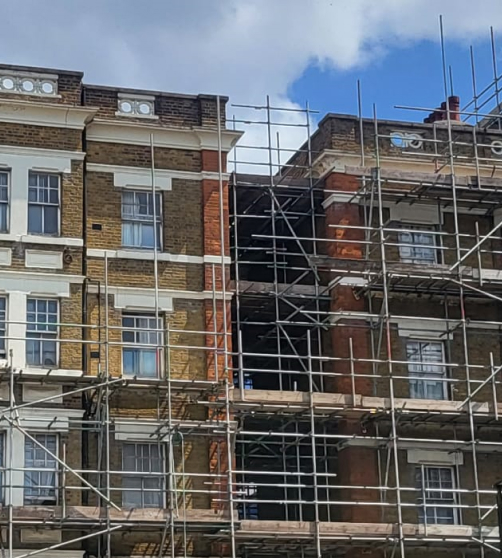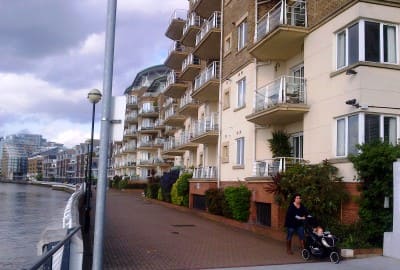Getting demands, consultation notices, accounts and all things Companies House right needs professional expertise.
Leasehold reform is on the political agenda, yet the complexities of landlord and tenant legislation remain. The Client needs to be able to trust their Managing Agent to get things right.


1. Alterations
5 questions to decide if an alternation is structural.When considering alterations to a property, it’s crucial to determine whether these changes are structural by answering a set of key questions.


2. Sub-Letting
Ways to control wear & tear from too many lettings and monetise it .

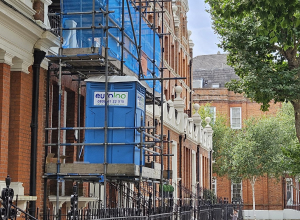
3. Major Works Consultation
Get Major Works consultation right or risk loosing thousands.

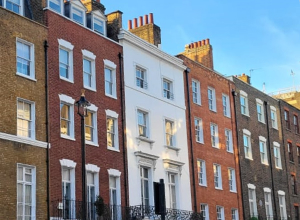
4. Forfeiture
It is little know that leaseholders are protected until a breach is proven.


5. Demands
An invalid demand may mean the money is not due.


6. Buying the freehold?
Use an existing management company, (if you can).

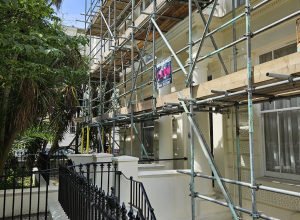
7. Don’t put up with a defective lease
The most common lease omissions or defects

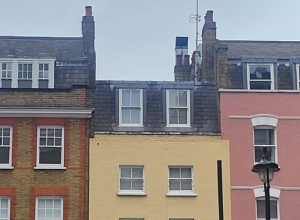
8. Consider the terms of a lease extension and how to distribute the cash.
Consider the terms of a lease extension and how to distribute the cash.

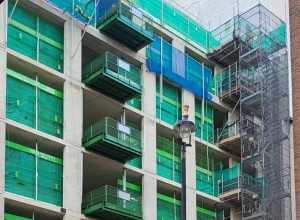
9. Consider charging a premium for granting consent to make alterations.
Consider charging a premium for granting consent to make alterations.

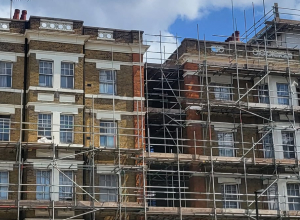
10. Fed up with legal paperwork?
Simplify, simplify, simplify!
Our Block Management Team
The key to our success is our people.
Leasehold reform is on the political agenda, yet the complexities of landlord and tenant legislation remain. The Client needs to be able to trust their Managing Agent to get things right.
Getting demands, onsultation notices, accounts and all things Companies House right needs professional expertise
-
1. Alterations: 5 questions to decide if an alternation is structural
Most leases require a leaseholder to obtain consent before making any alterations to a property. Consent is granted by a document known as a 'Licence to Alter'.
NEVER assume timber walls are not structural We had to stabilise floors in a 1980’s timber framed building after an unsuspecting owner removed the wall between the kitchen and living room.
Your proposed works will be an alteration IF the answer is YES to any of these questions
Will your works:- affect any face of the building (window/door/skylight etc..)?
- cut through any wall?
- remove any part of any wall (internal, external or partition wall)?
- increase the amount of waste water/sewerage? (E.g. new kitchen, bathroom, toilet, shower etc.)
- modify a communal service? (E.g. remove a radiator on a communal heating system, re-route a communal waste pipe.)
-
2. Sub-letting: ways to control wear & tear from too many lettings and monetise it
Most leases have a covenant requiring the owner to register any sub-let, and/or seek landlord’s consent to rent out their property. Even if the lease does not contain a specific procedure or process forregistering a sub-letting or seeking consent to sub-let, if the lease provides for 'lease regulations' then as the Freeholder or Residents Management Company in charge you can create 'regulations' to control sub-letting. The cost of complying with the sub-letting clause and registering tenancies is an administration charge under Schedule 11 of the 2002 Act.
And, if your lease does not allow you to create 'lease regulations' then if you have a Freehold Management Company, a Residents Management Company or a Right to Manage Company then you can call an Estraordinary General Meeting ("EGM") and pass a resolution to require leaseholders who want to sub-let to require consent or licence, thereby effectively writing the missing clause into your constitution.
Whichever method you use, controlling sub-let buidlings on a manned site gives you the opportunity to check new tenants in, put a protective lift jacked on the lift, use the lift key to stop the lift (rather than damage it by holding doors open), and even take a move-in/move-out damages deposit. -
3. Get Major Works consultation right or risk loosing thousands
The 1985 Act requires landlords to consult with the service charge payers when ‘qualifying works’ exceed £250. And, if they don’t, recovery is limited to £250 per payee.
The Daejan case in 2013 gave some relief as it widened the scope for a landlord to claim a retrospective dispensation where a consultation process was absent or flawed.
Things you will need to consider is including a contingency in your Section 20 Notice, so that you don't get caught out if extra works are found and you either have to down scaffolding, or hire it for extra weeks whilst you trigger additional conslutation periods. -
4. Forfeiture: it is little know that leaseholders are protected until a breach is proven
Forfeiture is the name given to the process whereby a landlord seeks to bring a lease to an end and take back possession of a property, effectively dispossessing the lessee.
Since February 2004, a Freeholder can only take forfeiture action if the breach is confirmed by way of a Court or Tribunal judgement. And, for ground rent arrears, the arrears must be more than £350. This is why mortgage companies often will not pay up service charge arrears as their security is now safer than it used to be. -
5. Demands: an invalid demand may mean the money is not due
Asking other owners in the building to pay a bit towards the bills informally is great until a leaseholder argues what they paid is not legally due, or simply does not pay. There are many pitfalls that you need to know how to avoid when serving a service charge and ground rent demand, forgetting to serve the correct prescribed notes is just one of ten. A good Managing Agent will keep you save governance-wise. -
6. Buying the freehold? Use an existing management company, (if you can)
If all owners want to buy the freehold, and you already have a management company written into your lease, you will save money if you use it as the new Freehold owning company.
Doing so will save you having to prepare two sets of company accounts, two Directors & Officers insurance policies, having to file two2 Confirmation Statements with Companies House, appointing two company secretaries, and, using an existing management company means you won’t need to levy members contributions on the freehold members to fund the the costs of running a separate freehold company). -
7. Don’t put up with a defective lease
The most common lease omissions or defects are:- can’t budget and collect service charges in advance,
- can’t recover the cost of a managing agents' fees,
- the lease requires expensive 'audited' accounts when 'certified' accounts would do
- each flat has to get their own buildings insurance,
- despite being required by law to produce service charge accounts (applies to five or more flats) the accountant fee is not recoverable,
- the lease is silent on who owns and decorates the windows,
- the lease requires the leaseholder to decorate the windows (five stories up),
- no deterrent to late payment, i.e., you cannot charge interest on arrears,
- lease percentages don’t add up to 100%,
- maintenance of physical plant on site is not described as recoverable service charge, i.e., lift maintenance or expenditure,
- a schedule is omitted from the lease, i.e., parties that should contribute, are not required to.
- 9+ flats – 75% agreement, and not more than 10% opposing,
- less than 8 flats – the agreement of 7 flats.
Applications can usually be considered by written track (no hearing) so are not too costly.
Vanbern House
11 leaseholders now save circa £1,654 a year every year since Ringley did a Section 37 lease variation.
After 4 years of a work in progress, Ringley helped Vanbern House get rid of a defective insurance clause in their leases. Imagine each flat had to arrange building insurance for themselves, so when there is a leak or worse each owner had to pursue another owner to sort it out. The lease did not provide for a block wide building insurance.
It took a while to achieve 75% of the owner's signatures to take the case to the Leasehold Valuation Tribunal, under Section 37 of the 1987 Act. Before each were paying insurance of £300 +per flat, plus every time a flat was sold the buyer's mortgage company forced them to take out an indemnity policy, costing about £500. Now the block insurance costs circa £2,000 a saving of approximately £1,654 per annum or £150 per flat, not just for 1 year but every year, a great result!
Ringley explained to us at an AGM the difference between what was the current insurance arrangement and the new block insurance model. It was clear that the old one was unsatisfactory and the new one beneficial to all. Although it took a long time to complete due to changing leaseholders and difficulties in obtaining several signatures, eventually we succeeded with Ringley providing the necessary legal work and documentation.
read audit clause case study >
Garden mews
4 leaseholders whose lease required an ‘audit’ of the service charge accounts costing circa £2,500+ versus service charge accounts at £350+ now we save £2150 per year following a Section 37 lease variation
Clause l3 of Lease required the freeholder to audit the service charge accounts. With the cost of an audit being £2,500 upwards and the cost of the typical requirement for this size of block being a 'service charge verification', both carried out by a Chartered Accountant the clause was considered overly onerous for this size of block.
The cost of a service charge audit was not only the most expensive item in the service charge budget, but cost about £1,000 more than the management fee, £1,500 more expensive than the buildings insurance and believed to offer less real value to the leaseholders.
An application to the Tribunal under Section 37 of the 1987 Act which is the procedure to vary a lease where not 100% agree.
for 9+ flats - you need 75% to consent and not more than 10% opposing,
for up to 8 flats you need all but 1 party to consent.The result - a more 'reasonable' service charge.
Common sense prevailed. The requirement to audit a service charge when there are perhaps only 20 invoices a year is simply bad drafting by the original Solicitor.
If any leaseholder feels that they later want a service charge audit or even a management audit, they are still protected as the 2002 Act gives them this right anyway..
read audit clause case study > -
8. Consider the terms of a lease extension and how to distribute the cash
Since 1993, thousands of leaseholders have exercised their legal right to a statutory lease extension which means:- an additional 90 years,
- the ground rent reduced to a peppercorn (effectively nil).
- statutory lease extensions,
- lease extensions plus a share in the freehold company,
- top up lease extensions (top up to 99 or 125 years) with a modern ground rent for a slightly lower premium,
Also worth considering is: how to split the proceeds of future lease extensions i.e; perhaps limited to the original freehold purchase participants.
In principle selling a share in the freehold company, should attract a premium over and above the lease extension cost, and IF the lessee does not need an additional 90 years, why not sell the extra years they need and set a modern ground rent to preserve your income and maintain the value of the freehold.
To find out more about lease extensions >>step by step guide to lease extensions -
9. Consider charging a premium for granting consent to make alterations
For alterations to a kitchen or bathroom, or remodelling walls it is not normal, and probably not reasonable, to seek a premium for granting consent. In fact many leases require that such consent is not to be unreasonably withheld.
However, when alterations increase the size of a property, change the use or change the external aesthetic appearance, you should consider sharing the added value the consent brings by charging a premium, or a share of what is called ‘marriage value’.
‘Marriage value’ exists when interests or assets are combined to create a new interest or asset that has a higher value than the sum of the parts.
Examples of alterations for which it could be reasonable to charge a premium may include:- conversion of a live-work unit or office to residential dwelling,
- turning an attic into an extra bedroom,
- creating a roof terrace on a roof,
- changing a window to a door giving direct garden access,
- creating a swimming pool in a garden,
- fencing off a part of a communal garden,
In these situations the consent will enhance the value of the leaseholder’s interest and a Chartered Valuation Surveyor should be employed to assess the premium that should be paid.
Riverside Plaza
The previous managing agent and freehold company advisers to this Client had been letting changes of use happen without seeking a fair premium to the freehold company.
The owner of the leasehold premises which was B1 use had obtained approval from the council under the prior approval procedure to change the use from offices (Use Class B1(a)) to a self-contained flat (Use Class C3(a)).
The leaseholder now needed the freeholder's consent.
Ringleys Valuation Department valued the premises and established that depending on how the marriage value was to be split between the units the premium should be between £21-42,000.
The Client now feels better advised and will have a healthier bank balance in the future.
read audit clause case study > -
10. Fed up with legal paperwork? Simplify, simplify, simplify!
Corporation tax self assessment – write to your local tax office seeking an exemption from corporation tax returns, they will usually grant a three year exemption.
Full trading company accounts – stop trading if you can thereby reduce the cost and detail of the accounts you need to file. If you have traded in the past, e.g., bought the freehold, if the company can become dormant you can reduce to abbreviated accounts. If your company does not have any assets and has not traded during the accounting year, you can file dormant company accounts (essentially just a balance sheet).
To become dormant you will need to- Stop receiving income (pass a resolution to stop collecting ground rent),
- Hold money outside the company, ie, in an Agent’s Client account so you do not have a trading bank account,
- Not have bought or sold any assets during the year.

We have Solicitors, Valuers, Engineers
and Accountants, so together we bring
a wide range of expertise


